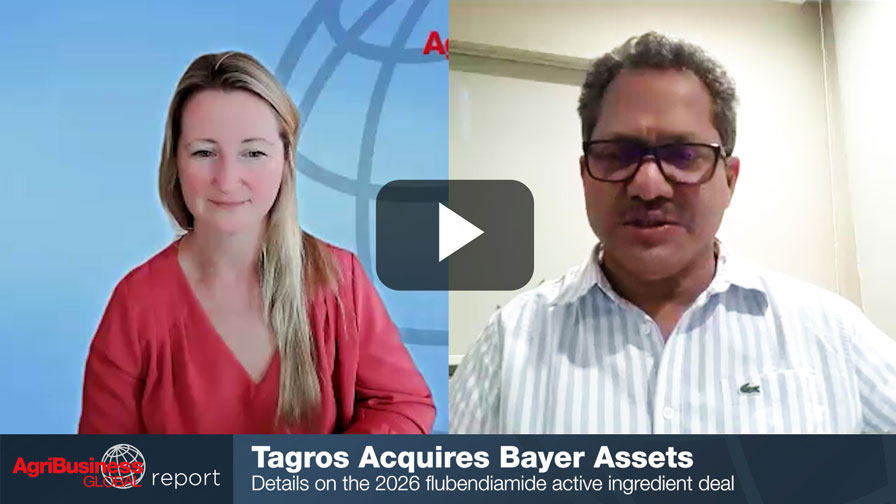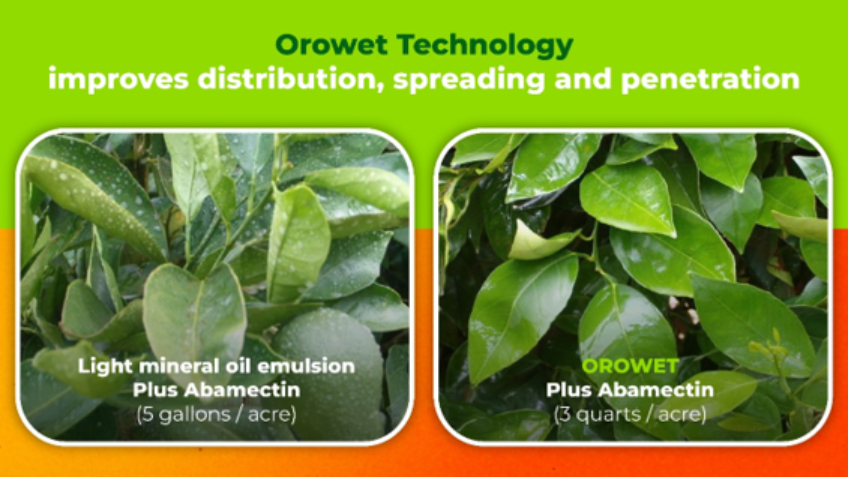The US Without Subsidies
Crop subsidies could end in the US. There is some time before serious debate begins on the 2012 Farm Bill, but a slew of factors are intersecting like never before.
First, the world is getting smaller. Payments to farmers for maize, cotton, soybeans, wheat and other staple crops have long been a bane in trade negotiations. These price guarantees were instituted in after World War I do to poor farm incomes and financial crises, and foreign governments have been crying foul ever since. The US currently pays around $20 billion per year to farmers in direct subsidies to stabilize farm incomes, beginning in 1922 with the Grain Futures Act and intensifying during the Great Depression.
Second, farmers don’t need them. The times of the Great Depression are over. Even now, in the most precarious national and global economy since the time the safety net was created, commodity prices are at near historic levels. The world is smaller today, and a growing middle class in the most populous nations of the world are creating demand for commodity crops like never before. The US economy has been slow to recover (although food consumption hasn’t diminished) but the US farmer is prepared to reap record rewards due to the overwhelming demand generated by emerging economies’ lust for food, feed, fiber and fuel.
Third, and perhaps the key and unique reason this Farm Bill could neglect subsidies: The current Congress is the least productive in recent history, and it could be one of the most divided and vulnerable as well. The 112th Congress has successfully passed fewer pieces of legislation so far than past US President Harry Truman’s so-called “Do Nothing” Congress of 1947-49. Subsequently, voters are running out of patience and expecting important new ideas from these folks, who in their inability to agree on anything, have left the economy in a vulnerable position. A budget bill will pass eventually, but legislators will have spent much of their political capital lobbying for their special interests in the budget legislation. There won’t be a lot of political will left over to fight a battle on subsidies.
This could benefit many crop input suppliers and distributors, as farmers will be more vigilant about purchasing decisions and welcome more competition for goods and services that affect their business most, sources say.
The FCI staff gathers volumes of information from Washington insiders during our various travels there, including the couple days our editorial team spent there to research our USA Report. It is early in the debate of the Farm Bill for experts to go on the record about how the legislation will turn out when this Congress gets around to approving it. And admittedly, it is probably early for FCI to take an editorial stance on it. But the analysis of news in various markets is what makes FCI different from other media companies. You can get headlines anywhere. But FCI’s staff is on the ground talking to the decision makers that affect the crop input industry around the globe. The world is getting smaller, and we’re the ones that tie it all together.
Our staff spent almost two months collectively in Nairobi preparing and hosting our recent Trade Summit in May. This in-country research and networking is a big reason the Trade Summits are as successful as they are. We welcomed more than 250 delegates from 30 countries in Nairobi, and we successfully linked suppliers with the key parts of the regional distribution chain in East Africa. We’re proud of that, and that’s a big reason we consider ourselves part of the industry and not just observers of it.
Our Summit in Argentina this month promises the same dynamic with qualified local purchasers to match the supply crowd. Our Summit in the Americas is our largest of the year, and it is maturing into the industry’s must-attend event. We’re already working on our December Summit in Kuala Lumpur, too, and we’ll spend a couple months there making sure we have the right people in place to make it a meaningful event for attendees.
Sign up for eNews and visit us at our events to get additional information that we gather throughout our travels. It is part of our strategy: in person, in print, and online. Every day we share insights, information, contacts and market access that no other media or event company can provide, and we’re proud to help construct solutions for your business — every day, around the world, in markets where you want to be.






